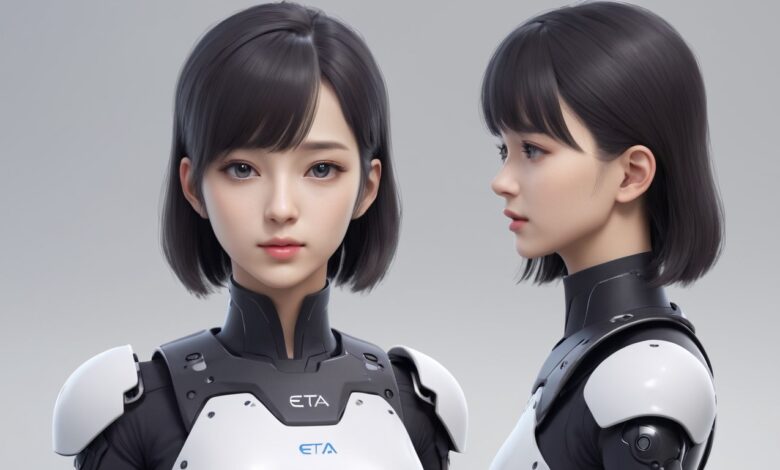Everything You Need To Know Beta Character AI

In the rapidly evolving world of technology, Artificial Intelligence (AI) has become a cornerstone in driving innovation across various sectors. From healthcare to entertainment, AI’s applications are vast and transformative. Among the diverse branches of AI, Beta Character AI emerges as a fascinating and increasingly significant area. This article delves into the essence of Beta Character AI, exploring its workings, applications, and the ethical considerations it entails.
What is Beta Character AI?
Beta Character AI refers to the development of AI systems designed to simulate and exhibit complex, multi-dimensional personalities and behaviors akin to a human or character. Unlike traditional AI, which focuses on executing specific tasks, Beta Character AI aims to create entities that can engage in meaningful interactions, adapt to different scenarios, and express a range of emotions and responses. This form of AI is particularly prominent in video games, virtual reality, and interactive storytelling, where creating relatable and dynamic characters enhances user experience.
How Does Beta Character AI Work?
At the core of Beta Character AI is a combination of machine learning algorithms, natural language processing, and emotional intelligence models. These technologies enable the AI to understand and process human language, recognize emotional cues, and respond in a manner that reflects a predefined personality or character arc. Training Beta Character AI involves feeding it vast amounts of data on human interactions, emotional responses, and situational outcomes, allowing it to learn and mimic complex behaviors.
Key Features of Beta Character AI
The hallmark of Beta Character AI is its ability to exhibit depth and versatility in character portrayal. Key features include emotional intelligence, context-awareness, and adaptability. These attributes allow Beta Character AI to not only understand and react to user inputs but also to evolve over time, offering a more personalized and engaging experience.
Applications of Beta Character AI
Beta Character AI finds its applications in several fields, most notably in the entertainment industry. In video games, it enhances storytelling by providing players with interactive characters that respond uniquely to gameplay. In virtual reality, it offers immersive experiences by populating virtual worlds with lifelike characters. Beyond entertainment, Beta Character AI is also explored in educational tools, customer service bots, and therapeutic aids, showcasing its versatility.
Ethical Considerations
As with any AI technology, Beta Character AI raises ethical questions concerning privacy, autonomy, and the potential for misuse. Ensuring that these AI systems are developed and deployed responsibly is crucial to mitigate risks and uphold ethical standards.
Future of Beta Character AI
The future of Beta Character AI holds promising advancements, with ongoing research aimed at enhancing its realism, emotional depth, and interactivity. As technology progresses, we can anticipate more sophisticated and nuanced AI characters, further blurring the lines between virtual and reality.
Conclusion
Beta Character AI represents a fascinating intersection of technology, psychology, and artistry. This advanced form of AI not only simulates realistic characters but also enriches digital experiences, offering depth and realism previously unattainable. As we venture further into the digital age, the significance of Beta Character AI in enhancing virtual interactions, storytelling, and gaming becomes increasingly apparent. Its development marks a pivotal moment in AI, promising a future where digital and real-world experiences are seamlessly intertwined, powered by the ever-evolving capabilities of Beta.Character.AI.



